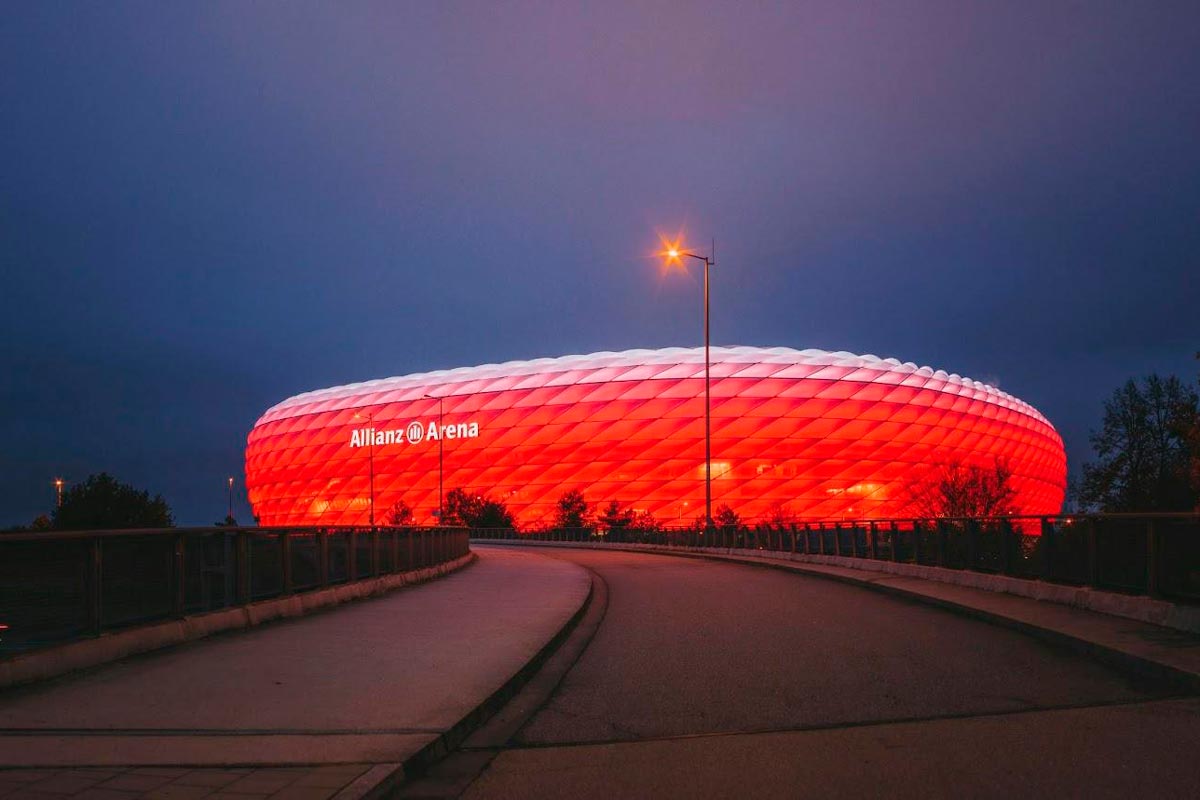 Photo: Herr Bohn / Unsplash Although we have heard this name for at least 10 years in Brazil, not everyone is aware of it. Naming rights refer to the contract that allows you to use a well-known brand for a specific period of time.
Photo: Herr Bohn / Unsplash Although we have heard this name for at least 10 years in Brazil, not everyone is aware of it. Naming rights refer to the contract that allows you to use a well-known brand for a specific period of time.In the case of football stadiums, naming agreements typically involve long-term contracts, often lasting 10 to 20 years, with an average value of hundreds of thousands in revenue, depending on the industry and representing the club and venue. “Becoming popular” is the main objective of this type of contract.
Currently, in Brasileirão 2024, there are six stages available. There are names from internet fiber, construction companies, online betting sites, pharmaceutical companies, insurance companies and even famous chocolate brands.
São Paulo was the last club to accept the offer. Tricolor gave its name to the Mondelez stage for three years, giving it the most creative name in Brazil to date: MorumBIS.
Benefits of selling naming rights For football clubs, selling the naming rights of their stadiums can bring a series of financial benefits, which can be used to improve the performance of the stadium itself, sign new players, finance youth teams or even funds of the club.
In 2004, Arsenal signed a naming rights deal with a UAE airline, and the stadium was renamed Emirates Stadium.
This contract, worth around €100 million, provided Arsenal with a significant financial incentive to remain in the Premier League.
For companies that understand stadium naming rights, the main benefit is high visibility. Media coverage, including television broadcasts, advertising and news, ensures that the company's name is constantly seen by millions of people around the world.
Additionally, the company can organize corporate events and promotions at the stadium, strengthen relationships with customers and partners through boxes and use the venue as a marketing platform for branding and customer experience campaigns.
Despite the obvious benefits, the practice of selling naming rights is also fraught with challenges and controversies. It is common to change the name of an iconic and traditional stadium, for a sports bet for example, to please fans, who are used to historical names.
Furthermore, associating a brand with a club is risky. Inconsistent performance or controversies can negatively affect public perception of the brand.
Another exception is the 2005 World Cup, with German insurance company Allianz acquiring the rights to Bayern's stadium for 30 years, but renewing that contract for a further 10 years last year, for 130 million euros.
The company got a taste for these stadium names and today has eight arenas spread across the world. Located in the capital of São Paulo, Allianz Parque is one of the hottest places in Palmeiras.
The arena opened in 2014, following a three-year renovation of Palestra Itália. The company carried out a poll among fans to find out who was officially chosen. The ‘Park’, which is the former Antarctic Park, has been completed.
Allianz Parque is considered the main naming rights case in Brazil. With the contract and vote set before the arena opened, the name came immediately. At the time, Alviverde fans wanted TV stations not to call the stadium by its official name.
Etihad Stadium The Etihad Stadium, home of Manchester City, is one of the most popular football venues in the world. In 2011, the club signed a naming rights agreement with airline Etihad Airways, which included not only the name of the stadium, but also sponsorship rights for shirts and other club merchandise.
The deal, worth around 400 million pounds sterling (around R$1 billion at the time), is one of the biggest deals in football history.
Wanda, from Atlético de Madrid, was the “bottom of the bubble” in a city where traditional stadium names still prevail, such as Camp Nou and Santiago Bernabéu. Opened in 2017, Wanda Metropolitano was created to replace Vicente Calderón's 19th-century apartment building.
The new home is one of the most modern stadiums in Europe, with a capacity for around 68 thousand spectators. Wanda Group is a Chinese conglomerate in the construction and consumer goods sector. He spoke about the location and how the company was interested in establishing a presence in the heart of Spain.
